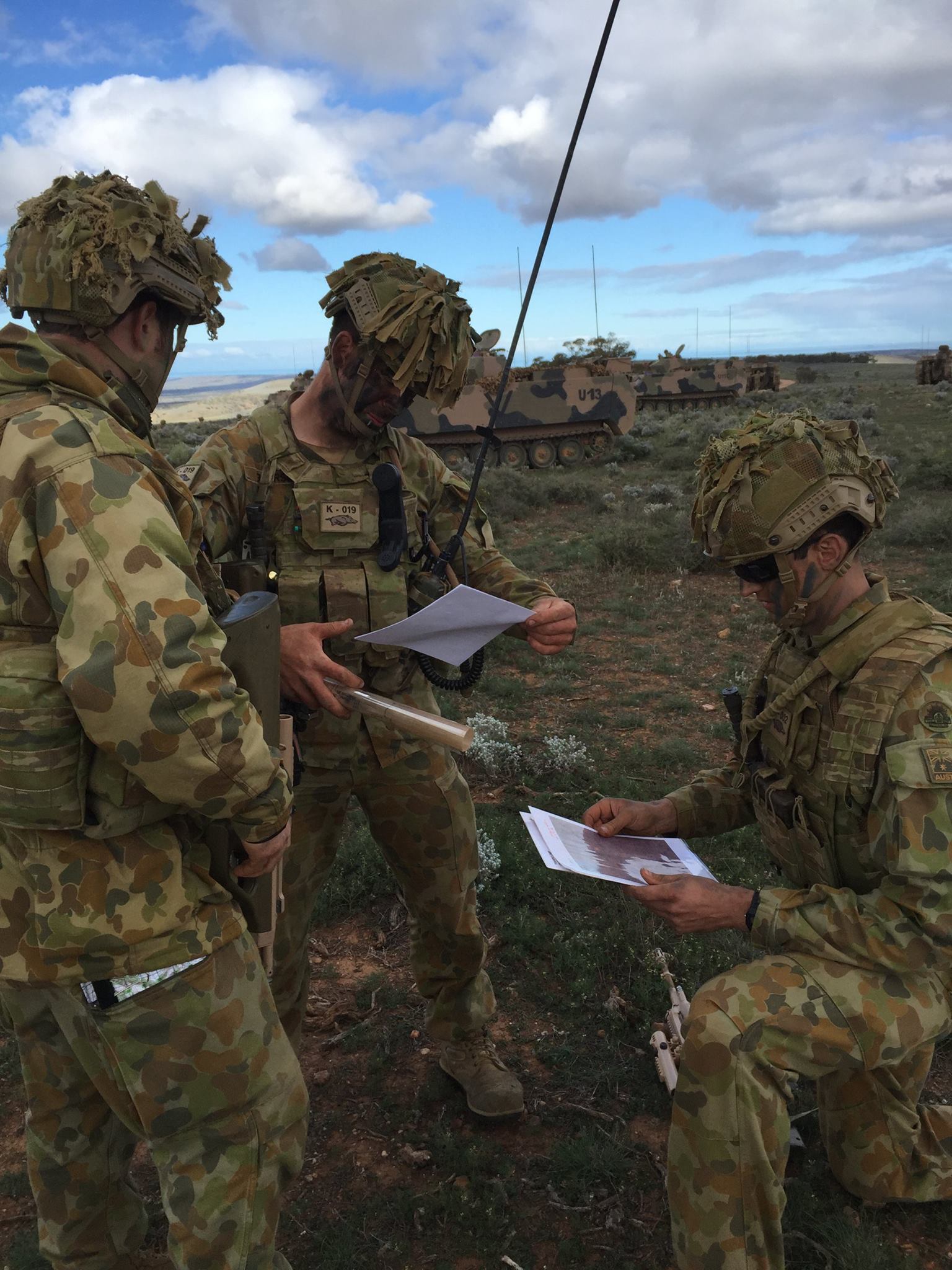
Quick thoughts on practically applying professional development
How do we practically implement professional development instead of just talking about it? Having observed and contributed to various websites, blogs and professional forums, my key observation is that we tend to talk about professional development, but there is a distinct lack of ‘this is how we do professional development’.
There exists an opportunity, due to the current organisational focus on professional development, to change from ‘talking’ about professional development to practically implementing professional development for both officers and soldiers.
Firstly, there is one subject we must all become comfortable with; soldiers and officers are different and the professional development of both should be as well. I don’t think this view is too extreme as many share it. With this in mind, what is it that we need to do to professionally develop our people?
Officers. I will start with officers first. Senior leaders need to direct our attention to what is important and what the organisation needs the officer to know. Otherwise we embark on unguided professional development and this may not be an effective use of time. Guided professional development will likely incorporate professional reading, increasing knowledge on strategic issues and improving organisational knowledge. I think it is appropriate that officers objectively discuss issues such as the force generation cycle and modernisation initiatives, but what are the best ways to do this?
Soldiers. With soldiers, I think it is fair to say that their job requirements are more ‘hands on’ and practical. It is for this reason that professional development for a soldier will be different from that of an officer. We should actively strive to maintain this point of difference. A mantra I have heard many times is that ‘soldiers teach soldiers’. I don’t think this should be any different when it comes to professional development. There is a small group of experienced and knowledgeable senior soldiers that are well placed to direct soldier professional development: Tier Charlie RSMs. As the senior soldier in the formation they are well placed to develop considered and measured professional development based on the needs of today’s modern soldiering.
Way forward
We already have systems that can support the delivery and recording of professional development. Campus would be a great interim system to deliver and record professional development. A portfolio could be maintained for practical professional development. Opportunities exist within reference sites and forums (Future Force Self Study Program, Marine Corps Professional Military Education References and The Cove) but they are only one component and still need to be ‘guided’ for effectiveness. Self-initiated study also needs to be integrated with layers of formal professional development through courses and units. Overall, there needs to be a practical methodology to the current professional development rhetoric. But how do we do this for both soldiers and officers?
Wrap up
The question of how to transition from talking about professional development to practically implementing a robust and value-adding professional development program (both formal and informal), for many of us, remains unanswered. We must bring people along the journey of professional development, preferably by helping them with a tailored way forward to implement their own and their team’s professional mastery. There will be some that get it, and others that completely miss it. The organisation must decide what professional development means, not just in words, but in an easily understood and practically achievable path forward. If we don’t, then we will miss a great opportunity to improve individually and collectively in the profession of arms.
About the author
Ben Gallacher is an Army officer with a passion for organisational improvement. A Kapooka and Duntroon graduate, he sees merit in structured and well placed professional development activities that complement the total force. He is enrolled in a Master of Business at the University of New South Wales.

